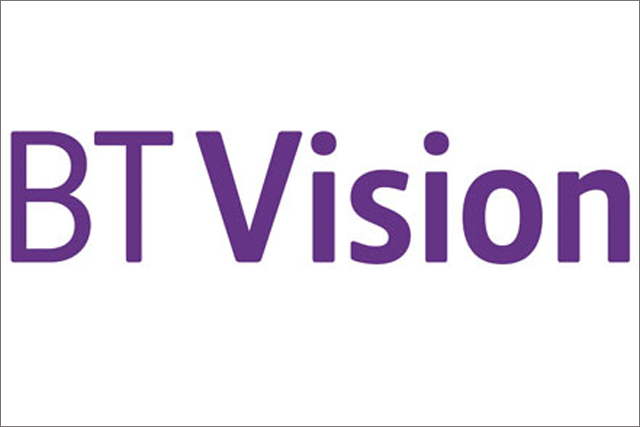
Ofcom, in March 2010, ruled that Sky must sell Sky Sports 1 and 2 to its competitors at a fixed price. As a result, BT started to retail the channels to its TV customers for the first time ahead of the 2010/11 season, which started in August 2010.
The contract Sky offered required BT to provide Sky with the number of subscribers to BT's on-demand TV services, as well as the total number of BT Vision users and the number of subscribers who buy Sky Sports 1 and 2.
BT complained to Ofcom on the grounds the effect of the clause was to "compel BT to reveal commercially confidential information" to Sky about the numbers of subscribers for BT's on-demand services.
BT Vision, according to BT's results, had 545,000 customers at the end of 2010, but the company does not disclose how many subscribe to on-demand TV, either on a monthly or pay as you go basis.
Sky suggested BT is not at a competitive disadvantage to rivals as similar information is provided by other retailers. Ofcom did not consider this to be "sufficient justification" for requiring BT to do the same.
Ofcom said its concern lay with the impact of the disclosure on BT's ability to compete with Sky, its main competitor.
The decision follows earlier Ofcom rulings that clauses Sky tried to include in its contract with another pay-TV operator, Top Up TV, were not allowed and that Top Up TV should be able to retail Sky Sports to all types of customers.
A BT spokesman said: "BT is pleased that Ofcom has agreed that Sky imposed an unfair clause in its contract with BT to supply Sky Sports 1 and Sky Sports 2 and has ordered Sky to remove it."
A spokesman for Sky declined to comment.



.jpg)
.jpeg)
